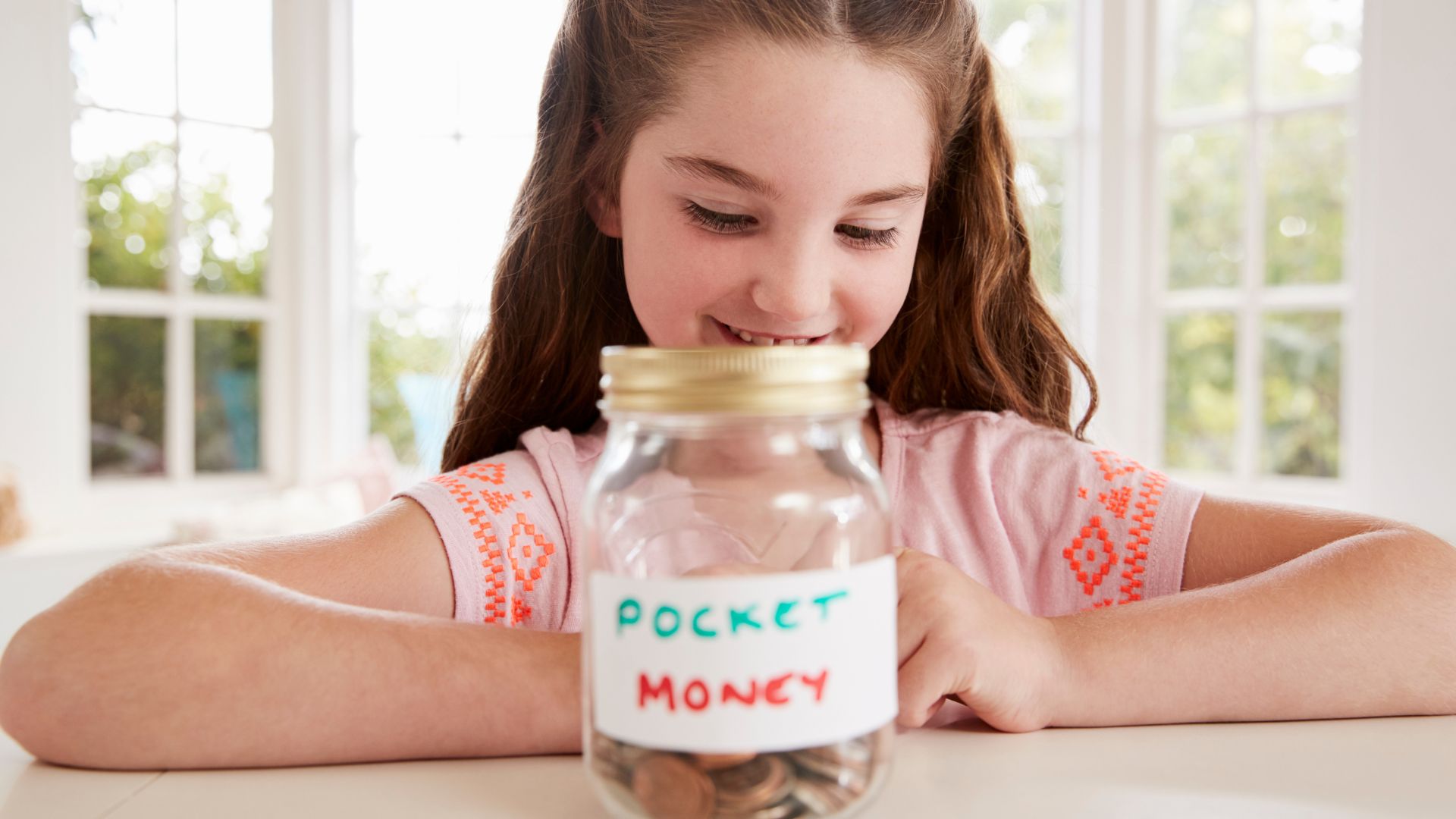We may receive compensation when you click on links to products from our partners. For more information, please see our disclosure policy.
As parents, it is essential to teach your kids to be mindful of their spending habits, as it will positively affect their adult life. For example, teenagers who are financially responsible are unlikely to grow into adults who spend recklessly and get into unnecessary debt.
Most adults’ spending behaviours are influenced by childhood practices and how they observed their parent’s relationship with money. Parents need to understand that kids are watching and learning all the good and bad money practices they may have.
So, how can you teach your teenager about financial responsibility when it’s so easy to get it wrong?
We have listed five ways below:
Giving them pocket money
Getting pocket money is an integral part of childhood. Research shows that kids who get pocket money are highly likely to be good at financial planning.
Some of the benefits of giving your child pocket money include:
- Helping your kids to understand the value of money.
- Giving them a sense of achievement when they buy something with pocket money.
- Encouraging them to be independent.
- It helps them to manage money well.
- Encouraging them to save money.
In addition, giving your teenagers pocket money will help you identify whether they will blow the money on frivolous spending. If you discover that your kid blows through their cash quickly, it might be time to start laying down some pocket money rules and encourage them to save half and spend the rest.
Lastly, how much you decide to give your kids might depend on their age. For example, if your child only needs money for snacks, you won’t need to provide them with as much. However, giving your teenager pocket money will be much more than what you give a child under ten years old.
Teenagers who are financially responsible are unlikely to grow into adults who spend recklessly and get into unnecessary debt.Click To TweetOffering them ways to earn pocket money
When your children are very young, it might be easy to convince them to do their house chores, but by the time they become a teenager, you will need to come up with creative ways to get them to help around the house. That’s where giving them pocket money in exchange for doing house chores comes in handy.
In addition to
There are plenty more ways you can offer your teenager pocket money and also teach them some values:
For example;
- You can reward them with a sizable sum when they get good grades at school.
- They can earn extra pocket money if they take out the bins without being reminded.
- They get extra pocket money if they clean their room without you telling them.
- You can give them extra pocket money if they do a good deed.
Discuss saving goals
Discussing saving goals with your teenager can help shape how they view saving towards big purchases. When they have something tangible to save towards, it’ll motivate them to take it seriously.
Some of the things teenagers might want to save towards might include:
- End-of-year prom activities and fancy clothes for the big event.
- School trips.
- Streaming devices.
- A new phone.
- An XBOX or PlayStation.
Older teens might consider saving for the following things:
- College accommodation.
- Trips abroad (for a gap year).
- Laptop or books for college.
- Deposit for an apartment.
Teach them about budgeting
Teaching your kids how to
Open them an investment account for teens
Teenage investing was not that common in the past, but in recent years it has become clear that investing can be done at any age. Therefore, the earlier parents can get their teenagers to open an investment account, the better it will be.
For example, parents can set up brokerage or custodial accounts. The money saved can be invested into stocks and bonds with both accounts. In addition, many online guides and apps specialise in teen investment options.
If you have set up a brokerage account for your teenager, you can always learn along with your teenager about how to
In closing, our spending habits are influenced by what we experience in childhood. Therefore, it is essential to encourage teenagers to adopt a healthy relationship with money. By learning how to manage their pocket money and save towards their goals as a teenager, they are more likely to become responsible adults who can manage their finances well.





